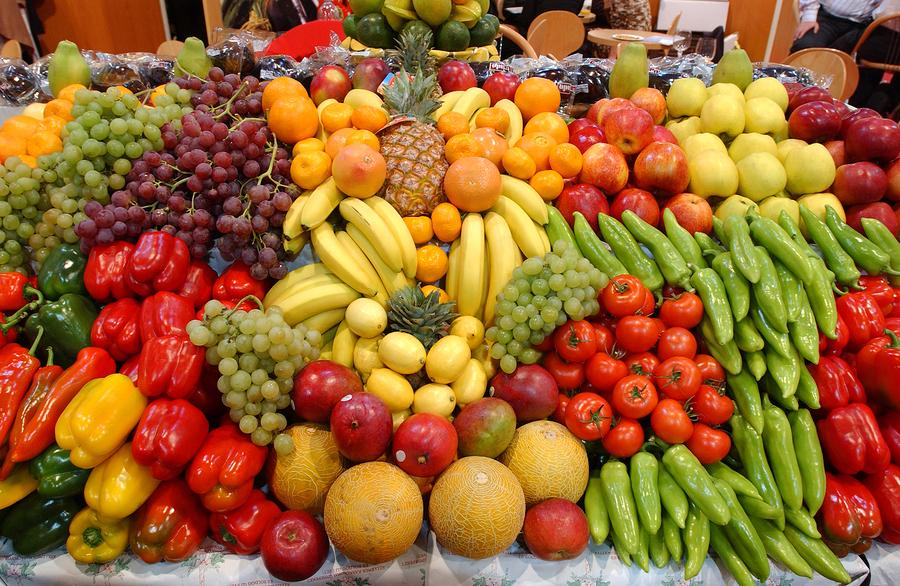
Pros and Cons of Genetically Modified Food
There are many advantages of producing and using genetically modified foods. For example, some plants, such as soy, corn, and tomato, have been modified in order to obtain higher resistance to insects, diseases, and pesticides; to rise their adaptability to unfavorable environmental conditions (drought, frosts, etc.), leading to the expansion of their geographic areal distribution to regions of the world where they have not been cultivated before, etc. Another goal of genetic engineering is the overall increase of yields and quality of production via the stimulation of the synthesis of specific natural compounds (protein, vitamins, and microelements) playing important roles as medications, flavors, or compounds used in various industries as raw materials or end products (pharmaceuticals, cosmetics, foods, clothing industry, etc.). Just a few examples GMO foods are the “golden” rice with high content of beta-carotene, the soybeans with a boosted quantity of omega-3 fatty acids, the herbicide-resistant corn, etc. The reason for these genetic alterations could also be to trigger more or higher-intensity colors of foods, to contribute to a longer shelf life, or to just produce plants without seeds (e.g., grapes, watermelons).
Proponents of genetic engineering emphasize the provision a sustainable way to feed people in a world with an ever increasing population, scarcity of food and other resources, and expanding hunger, especially in some less developed regions or in countries with unfavorable environmental and/or socio-economic conditions (poor soil, high soil salinity, lack of water, or enough sunshine, etc.) with a limited access to highly nutritious foods (Herrera-Estrella & Alvarez-Morales, 2001). The better storage ability, of the GMO foods contributes to their ability to long-distance transportation, and reaching remote areas, they do not lose their nutritional qualities and taste.
Although in most parts of the world strict safety rules, procedures, and legislation exist, concerning GMO foods production, labeling, distribution, and consumption, there a numerous opponents of genetically engineered foods. There are widespread concerns that GMO foods could lead to some disorders, such as cancer, allergies, immune suppression, antibiotic resistance, and extensive research is being conducted to determine, reveal, and confirm or reject the health effect concerns related to these foods. Some other hazards are the possible increased use of pesticides, the risk of cross pollination between GM crops and the naturally occurring plant species and the following threat for the wide distribution of the engineered genes, including that into the nearby organically cultivated plants. This way "superweeds" would be created with extremely stimulated insecticidal properties or herbicide-resistance.
In conclusion, to find the balance and safely and fully utilize the precious characteristics of GM foods, the ongoing extensive research must continue discovering further information on the disputable issues, new and stricter regulations for control of the production of modified foods should be accepted. The consumers should be properly and fully informed when making their food choice

